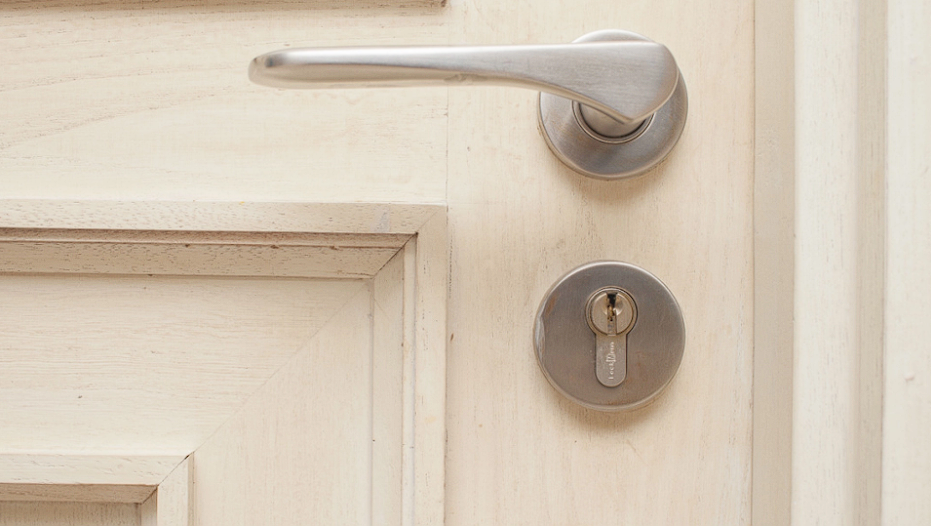There is a really good reason to keep your bedroom door closed at night.
Others are reading now
While the decision to leave your bedroom door open or closed at night may seem like a matter of personal preference, it turns out there’s a compelling safety reason to consider closing it.
The Fire Safety Research Institute (FSRI) has highlighted the life-saving potential of this simple action, especially in the event of a house fire.
The Role of a Closed Door
In a house fire, one might assume that an open door offers a quick escape route. However, research by the FSRI suggests otherwise.
Also read
Their studies, involving thermal imaging cameras, have shown that rooms with closed doors maintain significantly lower temperatures during a fire – around 100 degrees compared to 1000 degrees in rooms with open doors. This difference could be crucial in increasing survival chances, allowing occupants more time for escape or rescue.
Additionally, the FSRI’s research revealed that the concentration of toxic gases like carbon monoxide is drastically higher in rooms with open doors. A closed door can significantly reduce exposure to these harmful gases, further enhancing safety during a fire.
Other Fire Safety Measures
While closing your bedroom door at night is a key step, it’s part of a broader fire safety strategy. Installing smoke alarms outside every bedroom, being vigilant about stovetop safety, and using space heaters correctly are essential preventive measures. Keeping matches and lighters out of children’s reach, regularly cleaning ashtrays, and having a fire extinguisher in the kitchen are also important.
Moreover, disposing of appliances with frayed cords, having an escape plan, and knowing basic fire safety techniques like ‘stop, drop, and roll’ and crawling under smoke can make a significant difference in a fire emergency.
Closing your bedroom door at night is a simple yet effective measure that complements these broader fire safety practices. It’s a habit that could potentially save lives, making it a practice worth adopting for everyone.


